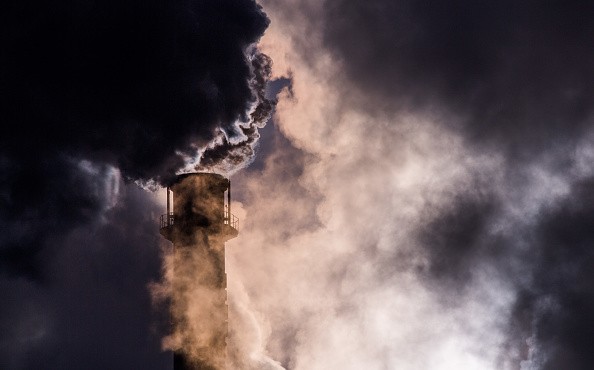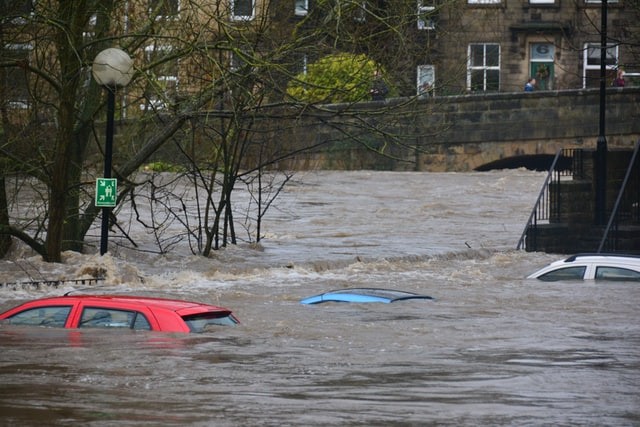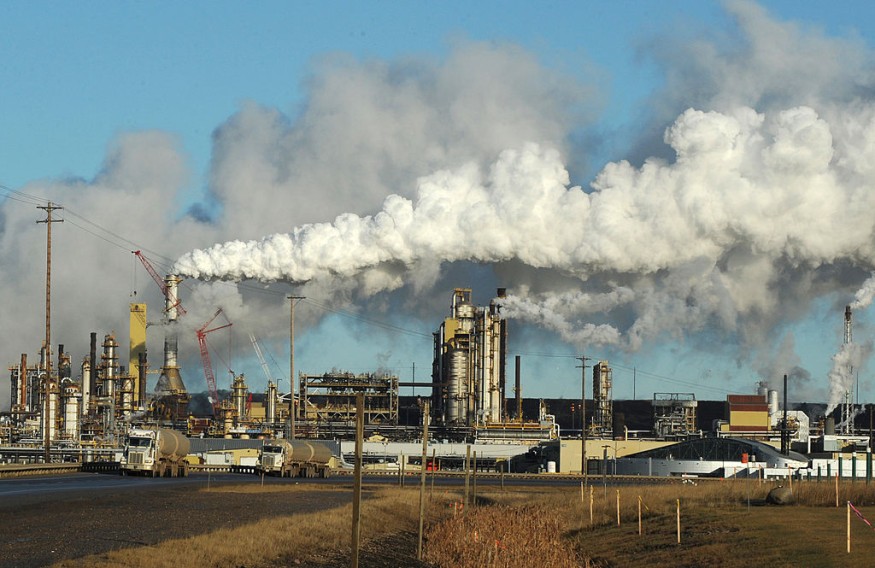Last year saw record-high levels of greenhouse gasses and sea levels. According to a US government assessment released on Wednesday, sea levels and the concentration of greenhouse gasses on Earth reached new highs in 2021, demonstrating that climate change is advancing despite efforts to reduce emissions.

According to Rick Spinrad, administrator of the National Oceanic and Atmospheric Administration, "the findings presented in this report are unequivocal - we continue to see more convincing scientific evidence that climate change has global implications and shows no sign of slowing down."
Increase in Greenhouse Gasses
Despite a reduction in fossil fuel emissions the previous year, as a large portion of the global economy experienced a dramatic slowdown due to the COVID-19 epidemic, the levels of greenhouse gasses have increased.
According to the US EPA, there were 2.3 more greenhouse gasses in the atmosphere in 2021 than in 2020, at 414.7 parts per million.
Highest in Record

According to paleoclimatic records, the level is "the highest in at least the last million years," according to the yearly State of the Climate report.
Sea levels on the planet increased for the tenth consecutive year, breaking the previous record in 1993 when satellite observations started when they were 3.8 inches (97 millimeters) above average.
According to the report, the past seven years have been the seven warmest on record, with last year ranking among the top six warmest years since the middle of the 19th century.
Increased Frequency of Calamities
The number of tropical storms was also much above average last year, including Typhoon Rai, which struck the Philippines in December and killed over 400 people, and Ida, which scoured the Caribbean before making landfall in Louisiana as the second-strongest hurricane to do so after Katrina.
Climate Crisis

The term "climate crisis" refers to the effects of climate change and global warming. The phrase has been used to emphasize the need for serious climate change mitigation and to describe the threat that global warming poses to the globe. A January 2020 article in the scientific journal BioScience declared that "the climate crisis has arrived" and that "immense increases in scale in endeavors to conserve our biosphere are needed to avoid untold suffering due to the climate crisis." The article received support from over 11,000 scientists worldwide.
People who "think it recalls the gravity of the threats the earth confronts from prolonged greenhouse gas emissions and can help stimulate the kind of political willpower that has long been lacking from climate campaigning" are the ones who use the term. As "global warming" elicited the more emotional response and support for action than "climate change," they think that designating climate change as a catastrophe could have an even greater impact.
Vocal Detractors
According to a study, the term elicits a strong emotional reaction when used to express a sense of urgency; nevertheless, some warn that this reaction may be ineffective and may result in a backlash effect because of views of alarmist exaggeration.
Related Article : Novel Technology May Help Combat Climate Crisis
For similar news, don't forget to follow Nature World News!
© 2026 NatureWorldNews.com All rights reserved. Do not reproduce without permission.





